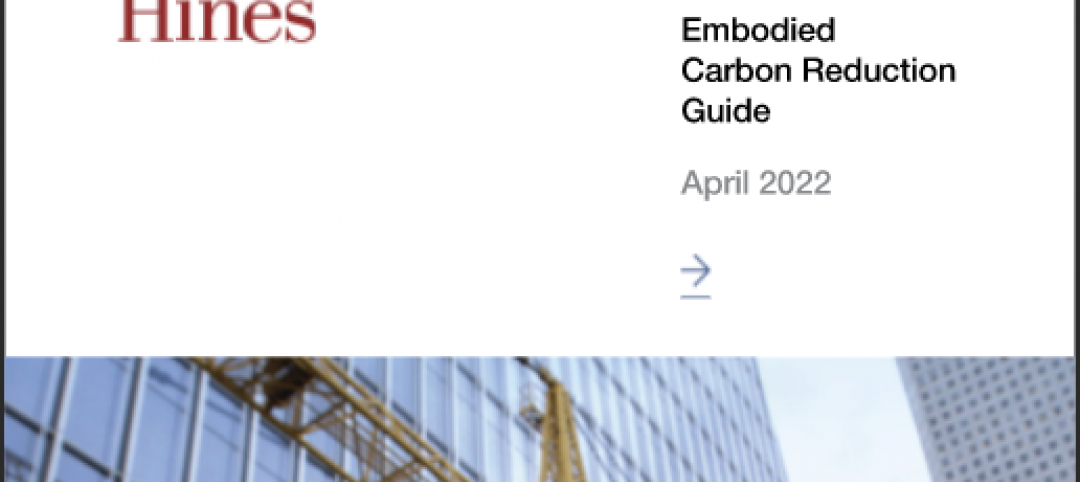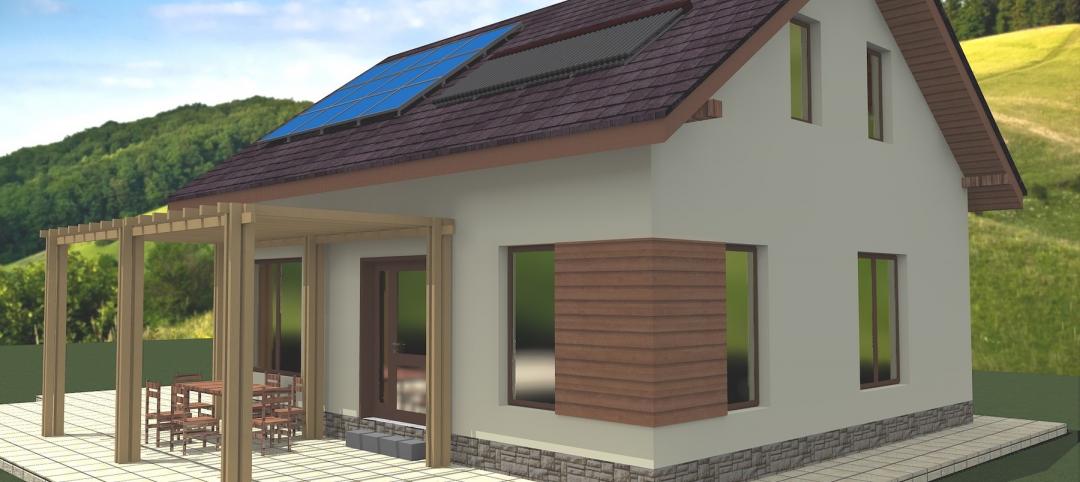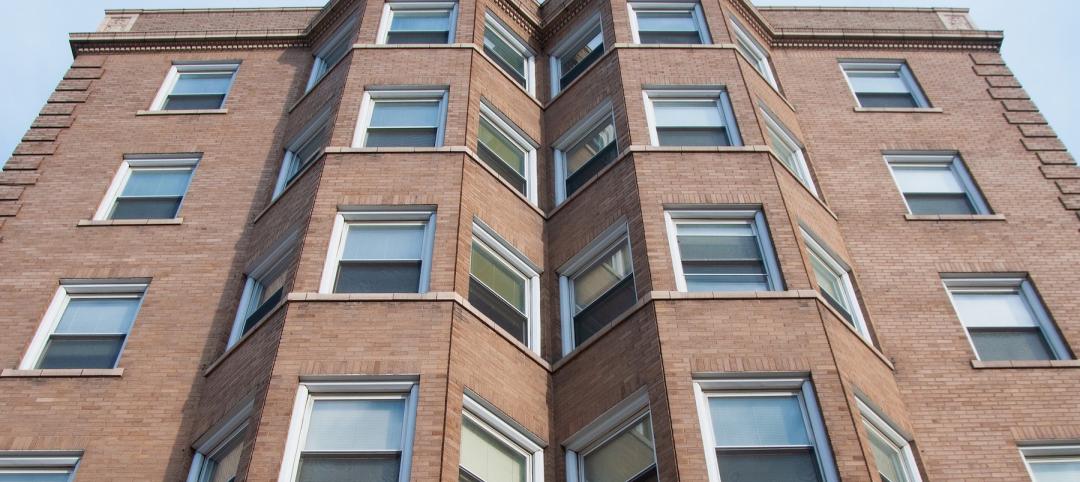Seattle’s new energy code goes into effect in March with notably more sustainable requirements for new construction.
The energy building code will eliminate fossil fuels from most space and water heating and increase access to onsite renewables. Applying to new commercial buildings and large multi-family buildings, the code also reduces envelope heat loss, air leakage, and interior lighting power allowances.
The space and water heating measures take effect in January 2022, but the rest of the code goes into effect March 15, 2021. The city is the latest to legislate the elimination of fossil fuels for space and water heating following more than 40 cities in California.
A local affordable housing developer dissented from the measure in a city council meeting, arguing that the new code can cost developers up to $15,000 more to construct apartment buildings. This could mean a rent increase of up to $100 per month for tenants in a city with a serious affordable housing shortage, he said.
Related Stories
Codes and Standards | May 2, 2022
Developer Hines, engineer MKA develop free embodied carbon reduction guide
Real estate management and investment firm Hines has released the Hines Embodied Carbon Reduction Guide. The free guide, produced with Magnusson Klemencic Associates (MKA), is the result of a two-year effort, relying on MKA’s industry-leading knowledge of carbon accounting and involvement in programs such as the Embodied Carbon in Construction Calculator (EC3) Tool.
Codes and Standards | Apr 28, 2022
Architecture firm Perkins&Will to deliver ‘carbon forecasts’ for clients
Global architecture firm Perkins&Will says it will issue its clients a “carbon forecast” for their projects.
Codes and Standards | Apr 27, 2022
White House guidance on Buy American for infrastructure includes waiver process
Recently released guidance on the Buy American provision within the $1.2 trillion Infrastructure Investment and Jobs Act released by the Office of Management and Budget includes a waiver process.
Multifamily Housing | Apr 26, 2022
Investment firm Blackstone makes $13 billion acquisition in student-housing sector
Blackstone Inc., a New York-based investment firm, has agreed to buy student-housing owner American Campus Communities Inc.
Codes and Standards | Apr 25, 2022
Supply chain constraints, shifting consumer demands adding cost pressures to office fit-outs
Cushman & Wakefield’s 2022 Americas Office Fit-Out Cost Guide found supply chain constraints and shifting consumer demands will continue to add pressure to costs, both in materials and labor.
Legislation | Apr 21, 2022
NIMBYism in the Sunbelt stymies new apartment development
Population growth in Sunbelt metro areas is driving demand for new apartment development, but resistance is growing against these projects.
Codes and Standards | Apr 18, 2022
Dept. of Energy has RFI on funding cost-effective updated energy codes implementation
The U.S. Department of Energy (DOE) Building Technologies Office (BTO) has issued a request for information regarding funding cost-effective implementation of updated building energy codes.
Legislation | Apr 14, 2022
Defense Dept. building largest 3D-printed structures in Western Hemisphere
The U.S. Department of Defense is constructing three barracks at the Camp Swift Training Center in Bastrop, Texas that will each be the largest 3D-printed structures in the Americas.
Wood | Apr 13, 2022
Mass timber: Multifamily’s next big building system
Mass timber construction experts offer advice on how to use prefabricated wood systems to help you reach for the heights with your next apartment or condominium project.
Codes and Standards | Apr 13, 2022
LEED multifamily properties fetch higher rents and sales premiums
LEED-certified multifamily properties consistently receive higher rents than non-certified rental complexes, according to a Cushman & Wakefield study of two decades of data on Class A multifamily assets with 50 units or more.

















